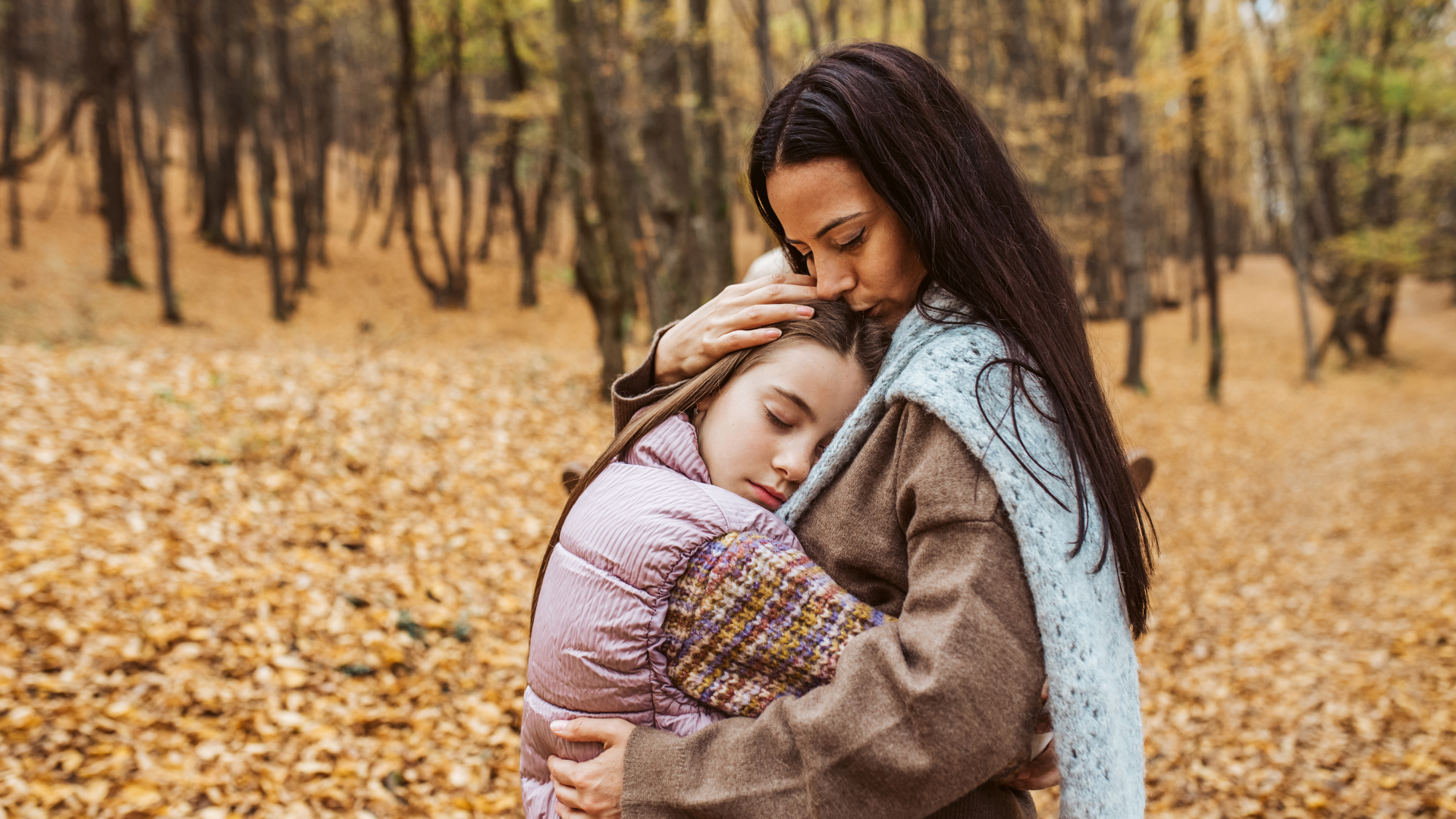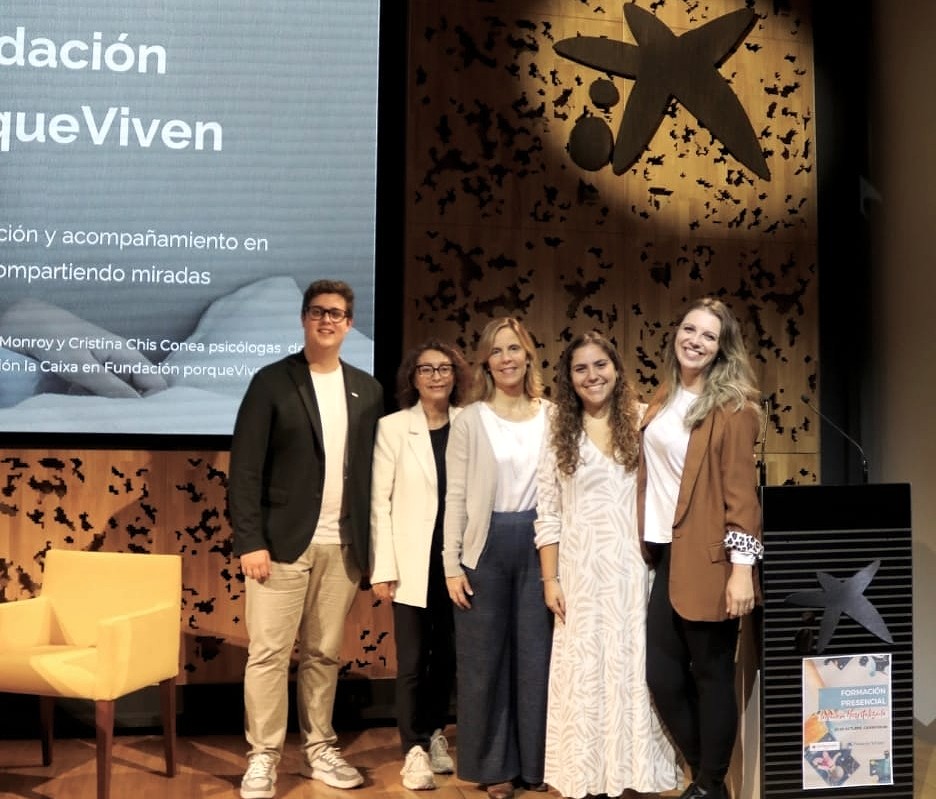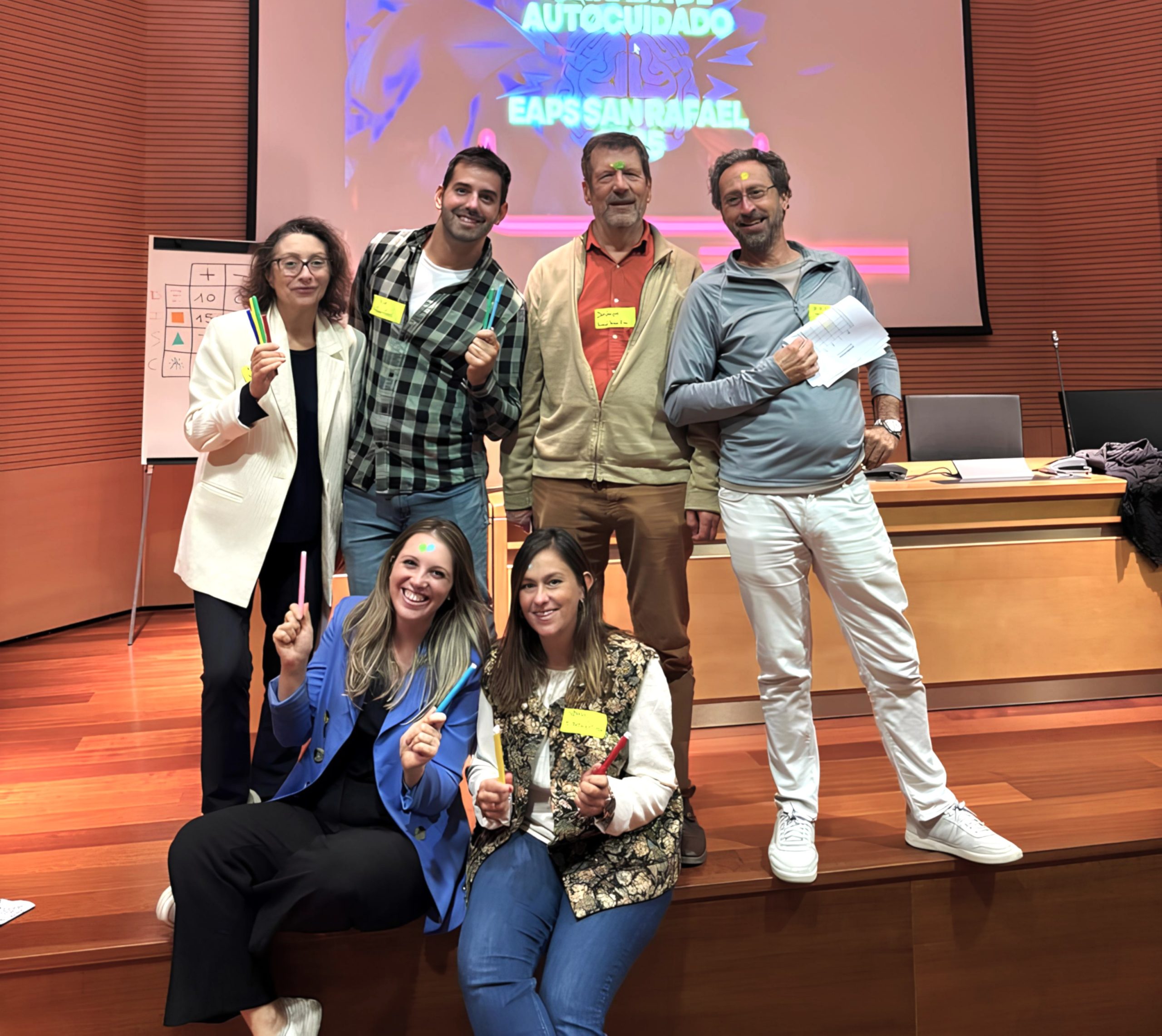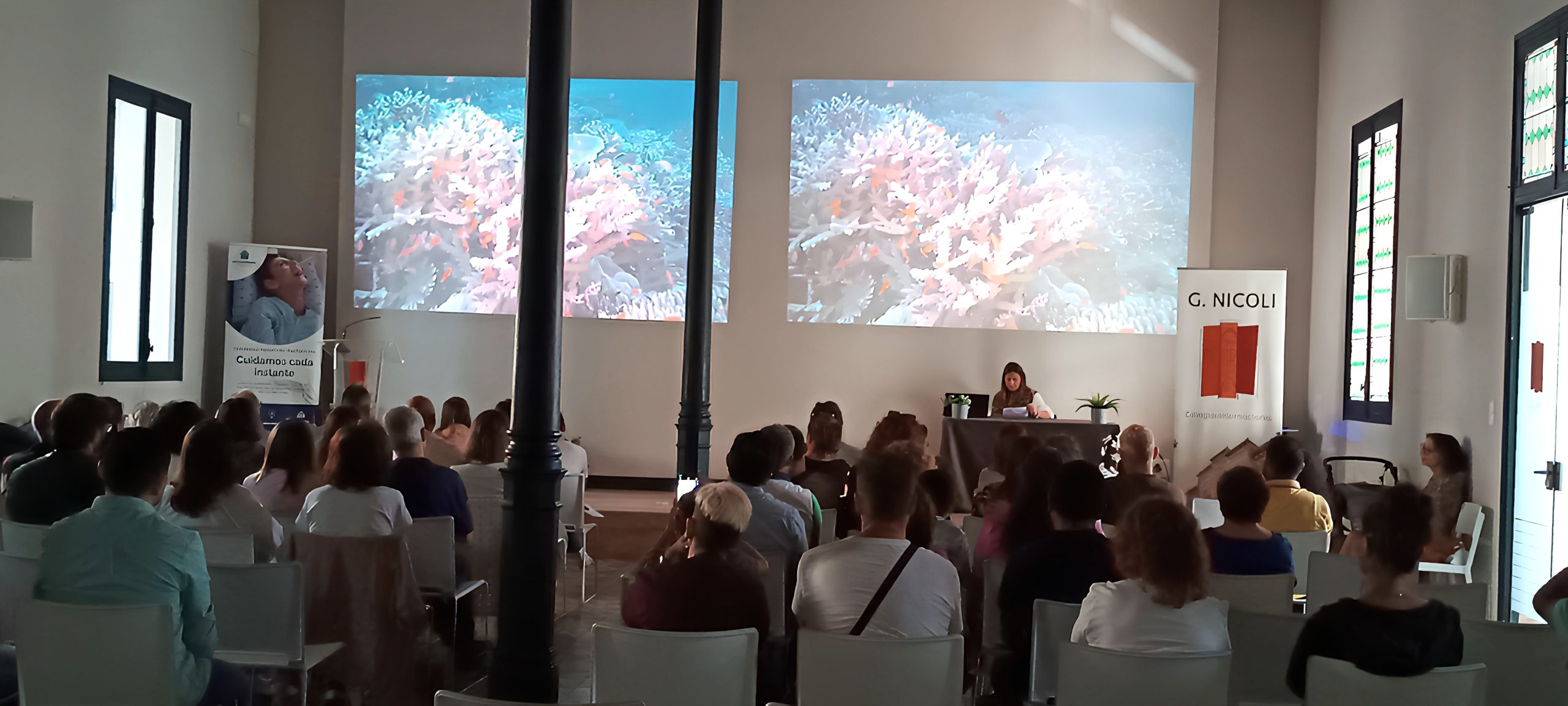Being the main caregiver of a child with an incurable disease or a great dependency is an immense act of love, but also an overload that can overflow. This point of extreme exhaustion is known as claudication. A phenomenon that has become visible in recent weeks after the media echo of mothers who, as Eugenia, after decades of uninterrupted care , they came to feel trapped and with no way out.
The case that has shocked Spain
A few days ago, Different Media echoed him The story of Eugenia, a 52-year-old mother who, overwhelmed, tried to commit suicide with her daughter with severe autism. Their cry for help has shaken consciences and brought to the fore a harsh, though often silent, reality: the Capitulation, in this case, maternal .
Be careful, we are not only talking about tiredness. We are talking about that moment when life becomes too heavy, when the body and mind say enough. According to recently published data, mothers are the main caregivers of their dependent children in more than 90% of the cases. Many of these mothers live with symptoms of anxiety, depression or chronic fatigue.
In Spain, the Ministry of Health He has been warning for some time that families who care for dependent people need "effective support so as not to break down". In this regard, it has been implementing legislative and regulatory measures that recognize the need to Effective Supports for Family Caregivers . For example, the Royal Decree 675/2023 it expands the figure of the non-professional caregiver and strengthens economic benefits for home care. Likewise Specific Plans and the one approved for people with ALS, contemplate continuous professional care to alleviate the burden on family caregivers.
What does it mean to give up on care?
Maternal claudication is not a label, it is a real feeling that invades many women: feeling that there is no strength left to move forward, that the care routine absorbs every minute and that there is no possible way out.
💬 "Claudication appears when the main caregiver, usually the mothers, feel that they have no escape or support network. Our job is to detect these warning signs before it is too late and to offer real accompaniment, which alleviates emotional and practical overload."
—Aurora Martínez Monroy, psychologist at F undation because Live (EAPS la Caixa Foundation )
Invisible but devastating consequences
The Claudication is not always seen, but it is felt strongly:
- Physical : insomnia, chronic fatigue, health problems that accumulate.
- Psychological : anxiety, depression, thoughts of not being able to take it anymore...
- Social : absence of an emotional and instrumental support network that causes isolation, loss of friendships, work difficulties.
- Family : When the mother is overwhelmed, inevitably the care of the dependent person and the attention to the rest of the family also suffers.
- Spiritual : loss of the meaning and meaning of life.
Family respites, because resting is also caring
Something that experts seem to agree on is that to take care, you also have to take care of yourself. For this reason, from the Foundation because Live have designed a program of Family respite which is, for many families, a real lifeline.
The Family respite It is a resource designed to offer families of children in palliative care a space of rest and relief in the midst of their intense caregiving work. These are moments in which parents can delegate the attention of their children to specialized professionals, knowing that they are in good hands.
What do the respites bring to families?
- Rest and relief : helps reduce the physical and emotional overload of primary caregivers.
- Conciliation : allows you to dedicate time to other children, work or your own personal life.
- Shared well-being : offers children quality experiences and parents the peace of mind of knowing that they receive comprehensive care adapted to their needs.
Caring for Caregivers
Capitulation is not a personal failure, it is the consequence of a system with finite resources. We need stronger public policies, more active community networks and, above all, a cultural change: to understand that those who care also deserve to be cared for.
Eugenia's case, collected by La Vanguardia, El Mundo, Antena 3 and a lot of other media , reflects that lack of support. After 32 years of struggle with her daughter, she ended up feeling trapped and with no way out. Their story should move us all, not only to feel compassion, but to demand more resources and to build a more just society.
Conclusion
Family claudication can be prevented. With psychological, economic, and social support, mothers can move forward without reaching the limit. And that is what we try to do every day at the Foundation because Live : accompany them, listen to their pain and remind them that there is always a place to rest, to breathe, to feel alive again.
Want to know more?
Visit our web or Contact with our team.






